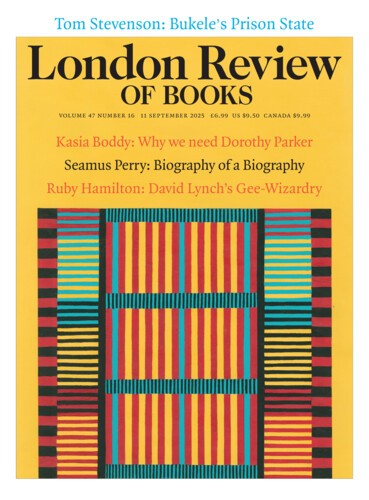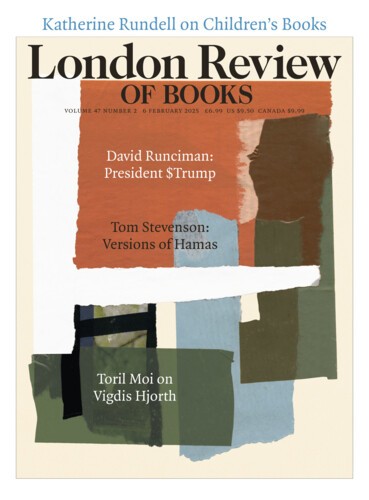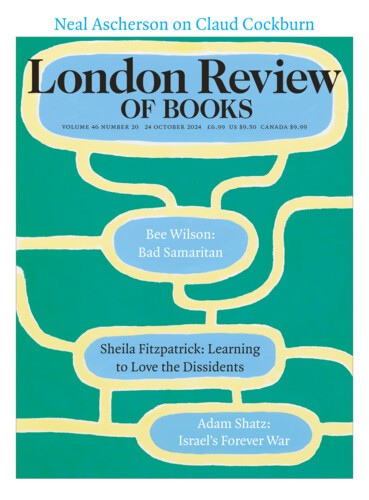Short Cuts: Why Juries Matter
Francis FitzGibbon, 11 September 2025
Juries decide the outcome of about 1 per cent of criminal cases in England and Wales, and yet the jury system is permanently under threat. The latest threat comes in Sir Brian Leveson’s Independent Review of the Criminal Courts, which the government commissioned to deal with the ever growing backlog of cases in the Crown Court. Leveson suggests replacing the jury with a judge and two...




